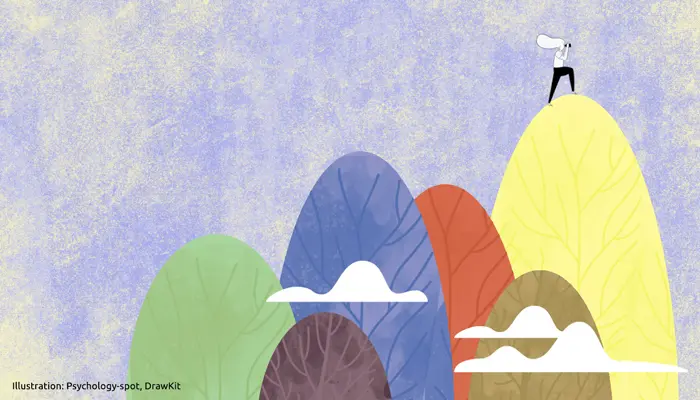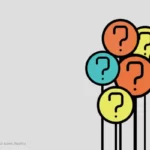
Does destiny exists? It is a question that in my role as a psychologist seems to haunt me, many have thrown it at me with the secret hope that it will give them an excuse to believe in a better future or perhaps looking for a reason that explains their defeats. I invariably respond to them following the Socratic style because I believe that, intimately; everyone wants a psychologist to confirm their beliefs. Thus, I excuse myself in advance if these thoughts diverge from the ideas about the destiny of many of the people who have thrown the question at me.
However, it is vital to agree, what do we refer to with the phrase: “The destiny of my life.” It is the organization of events in a person’s life in such a way that there is a pre-established end.
So, if there is a predetermined end to our lives, it can be foreseen. Destiny becomes fertile land for fortune tellers, cartomantics and other representative figures of the esoteric world. Prophecy appears, which is based on the power of suggestion.
However, we recall Thomas’s Theorem that asserts that if people define a situation as real, regardless of whether it is or not, it will be real in its consequences. Thus, the prophecy appears self-feeding, no matter if a starting situation is false since it generates a series of behaviors that will validate it from its origin. If a cartomantic tells us that we are destined to marry a blonde person, we will probably not give foot to brunette people while we will be more open to people who phenotypically respond to the given description.
Let’s turn the coin to see its other side. What happens if we look at fate from a more scientific perspective?
First, the term prophecy will be transformed into prediction. Fate becomes the union of causes and results, precedence and consequence, which therefore can also be prevented. In fact, there is nothing more common in the psychologist’s work than to anticipate the reactions of his patients. Perhaps we are all a bit knowledgeable about destiny, when we get to understand each other sufficiently, we can foresee many aspects of a person’s life …
We are born more or less analysts, sometimes good sometimes bad, because our forecasts depend on the amount of determinants that we know of the person. The more we know his character, his personological peculiarities, the details of his childhood and adolescence, the circle of friendships … the more accurate our prediction will be.
We can tell a child: “If you continue studying like this, you will be a great professional.” However, even if the prediction comes true, nobody labels us a “Fortune Teller.” How is this prediction different from prophecies? That it has a logical, reasoned character and is exempt from suggestive power.
The fundamental difference between causality and chance is subtle. Even the casual is not without cause while, the causes of something are rarely casual.
The problem is that, if we assume the existence of destiny, we also assume that a good part of our lives is governed by who knows the powerful threads that escape our understanding and are even alien to our consciousness. Then the limits of our responsibility to ourselves blur. How can we be responsible for something we do not control?
If we don’t know our future, uncertainty creates stress, fears, anxieties and neuroses. If we know our future, certainties produce existential crises, excessive confidence, fatalism.
Then, it is better to understand destiny as the union of multiple factors of personological, social, genetic, cultural origin … that make us assume some decisions to the detriment of others. Sartre masterfully summed it up: “Freedom is what we do with what is done to us.”



